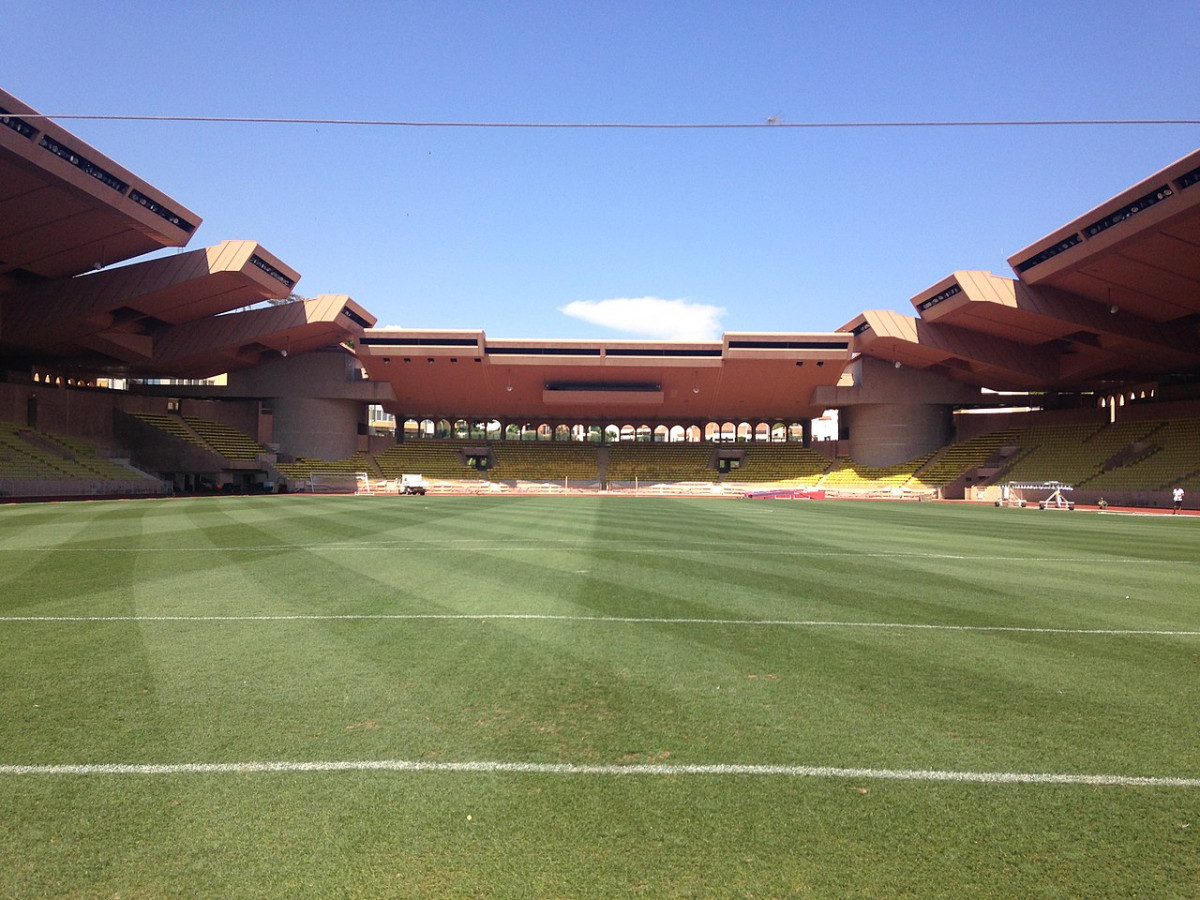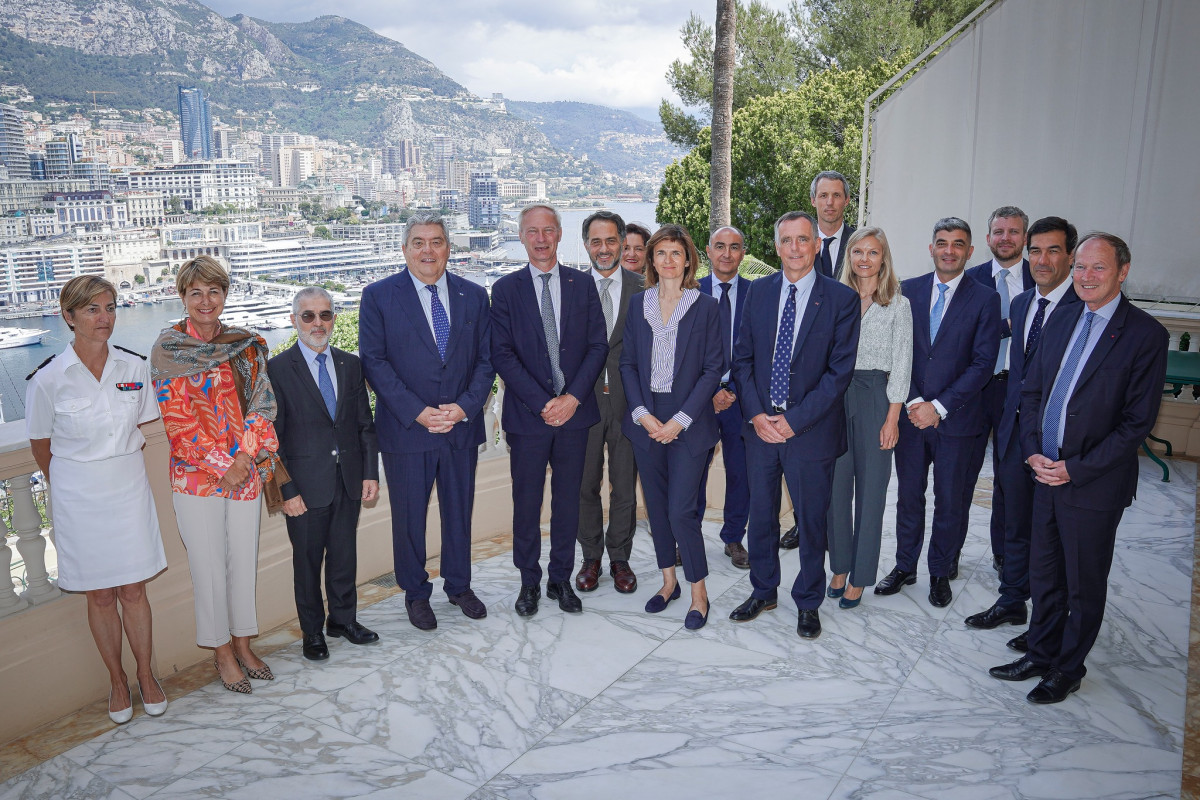The Prince Albert II Foundation-backed initiative BeMed says it has a plan to get hotels off the single-use plastic bandwagon and onto a responsible environmental path.
Plastic pollution is one of the most serious environmental problems facing the planet, but it is especially affecting the oceans. 80% of all debris found in the seas is plastic and an estimated eight million tonnes of plastic waste finds its way into the oceans each year.
As the world’s focus shifts to the environment, organisations like BeMed are working towards solutions.
Following a successful pilot project at the InterContinental Marseille-Hotel Dieu in Marseille, where a model was created to lessen and eventually eliminate all single-use plastics from the establishment, BeMed has published the concept.
Environmental and financial savings
Over a three-month period, the InterContinental Marseille-Hotel Dieu reduced its use of single-use plastic by more than 165 kg, while also limiting the transfer of environmental impacts to a minimum. In addition to the environmental benefits, the hotel saved nearly €5,000 in that period, which paid for the investments required to purchase reusable alternatives.
The six-step approach puts forward easily implemented changes and offers advice and feedback on alternatives to single-use plastic that are already available. It also identifies what plastics to prioritise removing, reducing and replacing.
Hotels are a major consumer of single-use plastics and the EU has set a 2040 deadline for the sector to come up with alternatives to the harmful material. Though that is a long way off, modern clientele is becoming more ecologically-minded, meaning that establishments need to keep up with trends, and methods such as the one formulated by BeMed could come into common practice much sooner.
BeMed was created in 2015 through cooperation with the Prince Albert II of Monaco Foundation, the Tara Ocean Foundation, Surfrider Foundation Europe, the Mava Foundation and the IUCN.
Sign up to the webinar
A webinar on the method will be held on 16th May from 3.30pm to 4.30pm. To sign up, please click here.
Alongside the webinar, access to the interactive platform that presents the method and its methodology in PDF can be found here.
Sign up for the Monaco Life newsletter. For the latest news, follow us on Facebook, Twitter, and Instagram.
Photo source: Kinn Living for Unsplash


